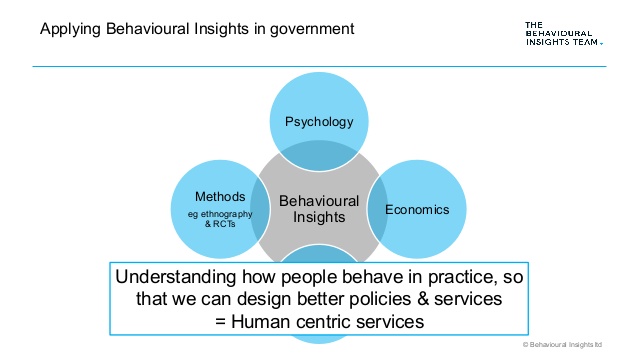Behavioral insights

Behavioural Insights - WHO | World Health Organization
Behavioural insights is a term increasingly
used within public institutions to refer to efforts made to gain accurate and
evidence-based understanding of how people behave and make decisions. Planning,
designing and implementing policies and programmes on the basis of this deeper
understanding increase their impact.
Behavioural insights are particularly relevant
to public health, as every day, each one of us make tens of decisions that have
an impact on our own health and the health of those around us.
Today we know that behaviors are influenced by
many external and internal factors and that simply providing information to
people does not necessarily translate into behaviors that contribute to
healthier lives.
Insights into people’s behaviours are obtained
through the application of behavioral and social sciences, anthropology,
cognitive sciences and psychology, among others. When seeking behavioural
evidence, these disciplines work together to identify which factors and biases
will increase the probability that a behavior occurs or not.
When used to improve policies and programmes,
behavioural insights can inform the design of innovative processes and
practices; help reframe and improve communications; identify the need for
nudges to overcome biases and barriers; or ensure that products and services
are designed keeping users’ need in mind.





